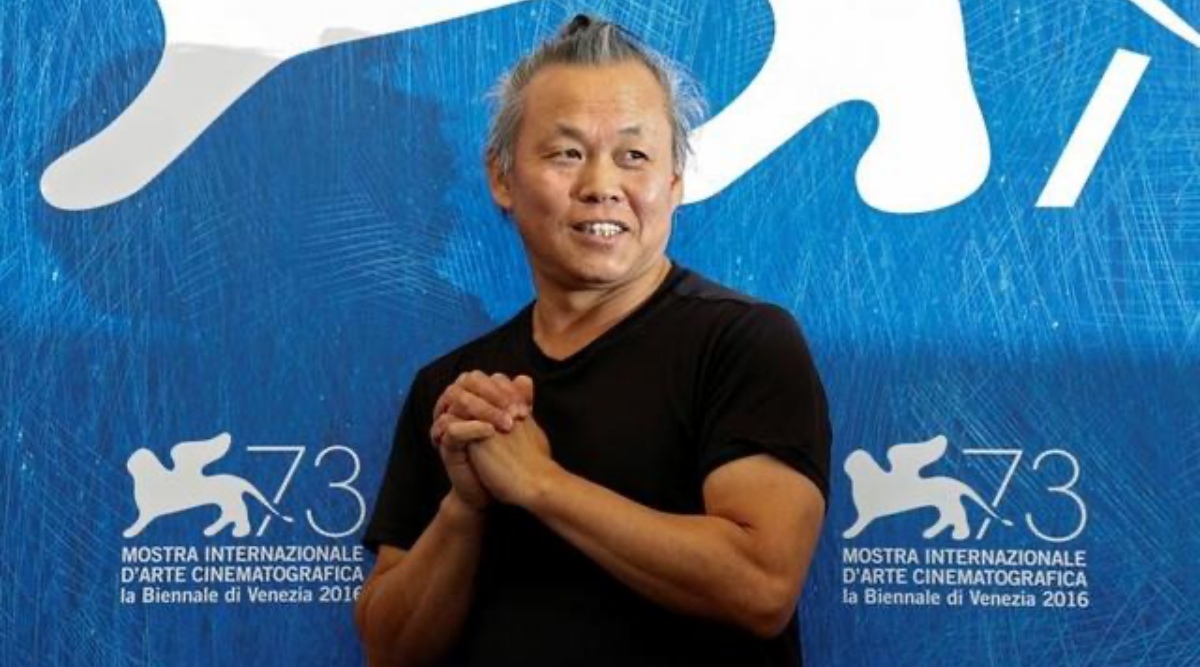 Kim Ki-duk was 59. (Photo: Reuters)
Kim Ki-duk was 59. (Photo: Reuters)Acclaimed South Korean director Kim Ki-duk’s death on Friday in Latvia has left ripples of anguish in Kerala where he had a burgeoning fan base, especially among youngsters.
So popular were his films at the International Film Festival of Kerala (IFFK) every year that there were long queues of movie aficionados for the screenings in Thiruvananthapuram. Bowing to public demand, Ki-duk flew down to the Kerala capital in 2013 to be the chief guest at the closing of the IFFK that year.
He told a reporter then, “Kerala is a beautiful place. I was out for a walk in the morning and being a first-timer, I was overwhelmed by the response of the people. People were waving at me from buses and cars.”
Actor-director Madhupal, who has seen most of the South Korean director’s work, told The Indian Express, “His films are all made at an unnatural level. As an audience member, I have observed that the violence in his films carry a sense of calmness, more than terror. There’s violence in front of us, but beyond that violence, there’s purity of mind, conservation, a sense of concern and the peace of narration. Even the sexuality portrayed in his films is spiritual in nature. It’s between two souls, not two bodies.”
Madhupal, a former member of the Kerala State Chalachitra Academy which organises IFFK, recalled talking to Kim Ki-duk about cinema in 2013 when the latter flew down to Thiruvananthapuram.
“He didn’t know English, so we spoke to each other through a translator. The first time I saw him was on the street when he had gotten out for a walk from his hotel. He enjoyed Kerala,” he said.
Malayalam director Lijin Jose said the first film of Kim Ki-duk he saw was the 2003-release Spring, Summer, Fall, Winter…and Spring at a screening at International Film Festival of Kerala.
“That film was a visual experience. To bring the narrative of a film on an emotional, philosophical plane, the kind of which we have not explored before, is not easy. That aspect of his films attracted me. It is the strength of his visual language and it is very distinct,” said Jose.
“In filmmakers like Bong Joon-ho, you can see a clear influence of Kim Ki-duk and the paradigm shift he has brought into Korean cinema. When I saw Parasite for the first time, I could connect a lot of aspects back to 3-Iron, the elements of poverty and inequality in those films and the attempts to break them,” he added.
Reports said Kim Ki-duk, 59, succumbed to coronavirus complications at a hospital in the Latvian capital of Riga where he was scouting for a home.